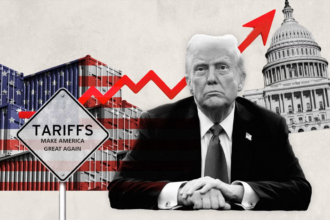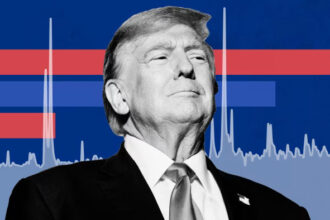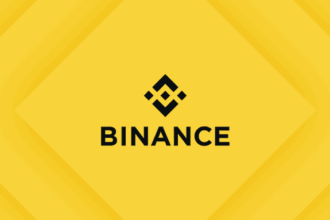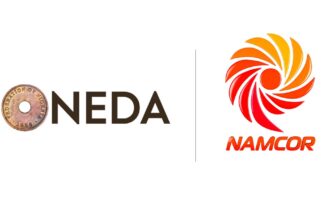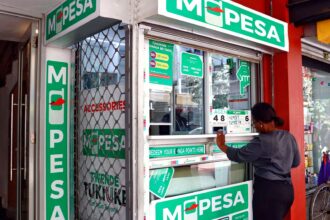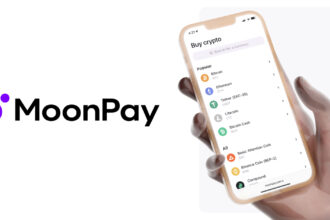Busha, a Nigerian cryptocurrency exchange, has officially listed the Compliant Nigerian Naira (cNGN), marking the introduction of Nigeria’s first private consortium-backed stablecoin, pegged 1:1 to the Naira. This development follows the provisional license granted by the country’s Securities and Exchange Commission (SEC) in August 2024.
Key Features of cNGN
The cNGN stablecoin is currently available for purchase on Busha’s platform, where users can buy and sell the stablecoin. However, its limitations prevent users from sending it to third-party wallets or decentralized exchanges, restricting its use cases as it is still in the early stages of rollout.
Busha announced the listing on February 3, expressing optimism about the potential impact of cNGN on Nigeria’s digital economy.
“We are excited to announce that cNGN is now available on Busha,” the startup shared on social media platform X.
Regulatory Backing and Consortium Composition
Although cNGN is not a government-led initiative like the eNaira, it has received regulatory support from the SEC, which approved the stablecoin initiative as part of its Regulatory Incubatory (RI) program. This approval was granted to a joint venture called Wrapped CBDC Ltd., which includes Convexity and other stakeholders.
The consortium behind cNGN includes banks, fintechs, and tech consulting firms, all collaborating under the African Stablecoin Consortium (ASC). This diverse coalition aims to provide a robust alternative to widely traded USD-pegged stablecoins like Tether (USDT) and USD Coin (USDC).
Busha Technical Infrastructure
The cNGN is built on the Bantu blockchain, a layer-1 network designed for multi-protocol operation, including compatibility with Binance Smart Chain, Base, Ethereum, Polygon, and Assetchain. Currently, it is fully integrated into Binance Smart Chain (BEP-20) and Base, allowing for transfers within the Base network.
However, the stablecoin is only available on Busha, which hinders broader adoption until it can be traded on-chain.
Challenges and Market Dynamics
The cNGN project has faced numerous challenges, including delays in its launch and alignment with SEC regulations. Despite an indefinite postponement announced in January, the stablecoin launched just weeks later, raising questions about the project’s stability.
While Nigerians can now purchase cNGN on Busha, Quidax, another crypto startup with a provisional license, has yet to list the stablecoin.
Busha has positioned itself as compliant with SEC regulations, stating that it maintains an open dialogue with regulators to ensure that its cNGN listing aligns with existing policies.
“We conducted due diligence on its issuance model, compliance setup, and reserve management structure,” said Ngozi Okonye, Busha’s Marketing Manager.
Liquidity and Use Cases
Currently, there are only 4,400 cNGN coins in circulation, indicating a low supply that could impact trading. Busha claims to maintain its liquidity pool for cNGN, allowing it to control trading dynamics on its platform.
The cNGN has various potential use cases, particularly in remittances, where its integration with multiple blockchain networks could provide cost-effective alternatives to USDC or Tether. For instance, sending ₦150,000 with cNGN may incur fees of only ₦150–₦500, which is significantly cheaper than transferring USDT on congested networks.
Busha Adoption Challenges
Despite its promising features, the adoption of cNGN will depend heavily on user awareness and education. Additionally, the weak fiat Naira reserves and the prevailing inflation may hinder its acceptance as a store of value among Nigerians.
A Web3 policy consultant noted, “It could have been better timing if the cNGN launched years ago,” citing concerns over the current economic climate.
Busha Future Prospects
The future of cNGN could improve dramatically if it begins to trade on-chain, potentially attracting major foreign crypto exchanges. However, the SEC’s stringent oversight dictates how and where the stablecoin can be listed, currently limiting trading to Busha.
As the situation develops, cNGN’s success will depend on regulatory developments, market acceptance, and the effective management of its liquidity and user education strategies.







